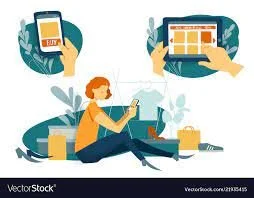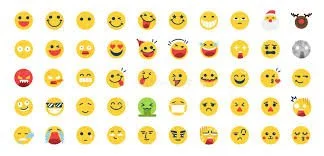As the world moves towards greater consumption of digital or digitally-aided products, what do the new models of ownership that accompany this change mean for consumers? Click to read more about the eroding status of consumer ownership, elusive yet binding fine-print, and why all of this might be good for us (and the environment).
Emotions and Emojis: Smiling our Way to Global Understanding (or Misunderstanding?)
Created by Shigetaka Kurita in 1999, emojis have evolved to be an essential modern communication tool worldwide. Billions of emojis are sent daily by people of different countries and cultures conveying different meanings and emotions. Different cultures uniquely interpret emojis, like the bowing emoji might convey apology or sarcasm. Aiding in cross-cultural understandings, emojis enhance clarity and richness of online communication.
Dying…should it be a fundamental right?
Death is a topic that we often try to evade but the inevitable nature finds its way to our lives and poses questions which are necessary to be answered. One such question is how would we like to die? Right to a life of dignity is a fundamental right, so isn't the right to die a dignified death on the same continuum? Should it be considered a human right?




